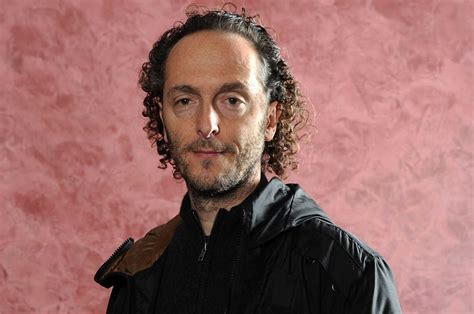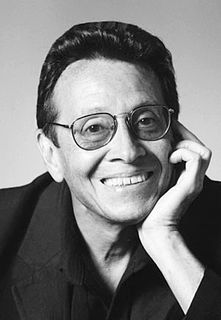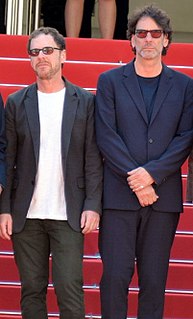A Quote by Farah Khan
For the audience, actors carry out specific roles of men and women through the character that they play out on screen. The director on the other hand is not doing a gender-specific job. So, it is irrelevant if the person who makes a particular film is a man or a woman.
Related Quotes
If the audience gets everything, if they see the photography and notice that it is good, then the story goes out the window, but if you become involved with the lives of the actors and forget that you are seeing mechanical devices on a huge screen - forget the make-believe - this is the job of the director to involve the audience with the actors.
We discovered this halfway through the process. When we started making the film there were some lines of dialogue in Portuguese, but we then changed our minds. The film started from very specific issues in the world, in particular Latin America, but halfway through the journey we felt the necessity to have more universal ideas that were not so specific.
I feel like my job as a storyteller and director is to create an experience where the audience forgets they're in a cinema and can get lost in the story. Things popping out of the screen call attention to the artifice of what you're doing, so I use 3D as more of a window into a world behind the screen.
You're in a movie, so you have to think about how something plays. It's not like you're thinking about how an audience is going to react. You're trying to present the story. You're trying to illuminate the lives of these people in the story. So I'm thinking about how my behavior as this character best illuminates what's going on with them in this moment in time. I always say it's sort of the director's job. People think that the directors direct actors. No. Really, what the director's doing is directing the audience's eye through the film.
You know what the problem is? You can't put a woman into a man's role. A women's journey in life, I'm not speaking disrespectfully of women and their roles in life, but a woman's journey in life is very different from a man's. That doesn't mean a woman can't do a man's job, but it doesn't mean that a woman should do a man's job the way a man handles it. The things that men question themselves about in life are quite different from the things women question themselves about.
When industry people see something different they don't know what to do with it, so filmmakers who make films about women, they kind of fall through the cracks. If a woman filmmaker makes film about war, like [Kathryn] Bigelow, they say "Okay, this is a war film, it has ninety percent men in it, we know what to do with it." But then she still gets attacked for not doing it properly. [...] But even though it bothers me I don't want to dwell on the sex and gender thing.





































